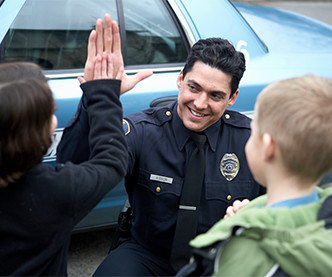Thoughts That Make You Go Hmmm on…Partnering not Patronizing
The Practical Leader
MAY 20, 2020
” “In chaotic times, an executive’s instinct may be to strive for greater efficiency by tightening control. ” Daniel Goleman, Richard Boyatzis & Annie McKee, Primal Leadership: Realizing the Power of Emotional Intelligence. ” Warren Bennis, An Invented Life: Reflections on Leadership and Change.











Let's personalize your content